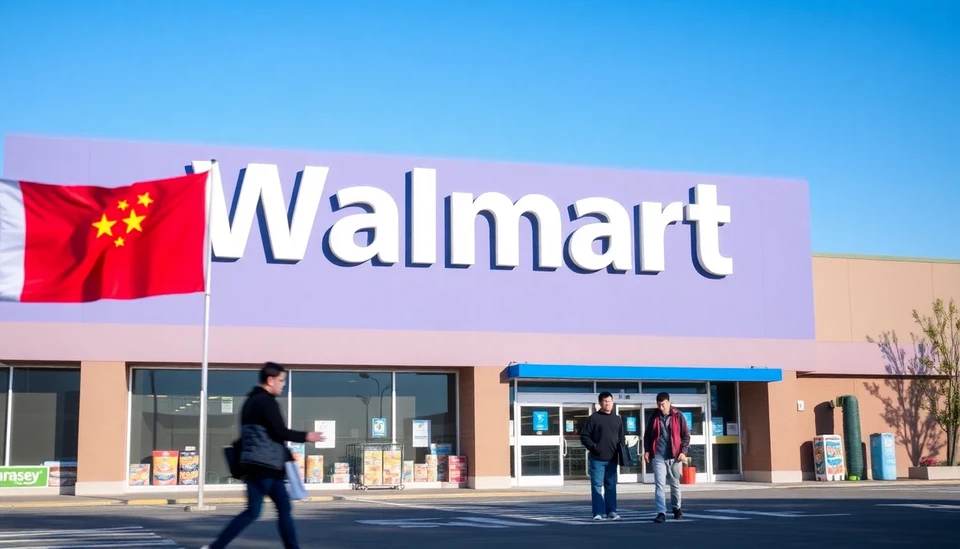
In a strategic move that underscores its market dominance, Walmart is resolutely holding the line on pricing pressure directed at its suppliers, even in the face of regulatory pushback from Beijing. The giant retailer, known for its impressive ability to drive costs down, is not showing signs of relenting, which could have far-reaching implications for the global supply chain and its relationships with manufacturers.
The backdrop for this strategy lies in China's current economic landscape, characterized by increased scrutiny and demand for better labor practices and environmental standards. Following a series of discussions between Walmart's management and various suppliers, industry insiders have noted that while there has been an urging from Beijing for companies to boost prices to support local markets, Walmart remains unyielding. The company continues to prioritize its promise of low prices to customers, a hallmark of its brand identity.
Walmart's management has emphasized its commitment to maintaining affordable pricing, which the retailer believes is essential to retaining customer loyalty in an increasingly volatile economic environment. This stance includes negotiating terms that favor its pricing structures, even if this entails pushing back against supplier requests for price increases fueled by rising operational costs, including labor and raw materials.
Moreover, the tension surrounding pricing is arising just as many suppliers are grappling with their own financial pressures. They face the dual challenge of Walmart's pricing policies while also dealing with the regulatory atmosphere being fostered by the Chinese government. As a result, suppliers are left in a precarious position, caught between meeting the retail giant's demands and adhering to the evolving standards set forth by Beijing.
The implications of Walmart’s continued price pressure are significant. Analysts suggest that this could lead to a reevaluation of supplier dynamics, particularly among smaller manufacturers who may struggle to meet Walmart's benchmark prices while also adhering to rising costs. Furthermore, potential fallout from a strained supplier-retailer relationship might result in reduced product offerings or quality, impacting consumers in the long run.
As Walmart's pricing strategies evolve, observers are closely monitoring how these decisions will play out in a broader economic context. Given that Walmart is one of the world’s largest retailers, the outcomes of its pricing negotiations could set precedence throughout the industry, influencing how other retailers approach their supplier contracts and pricing strategies in both domestic and international markets.
In summary, while Walmart's determination to keep prices low remains steadfast, the interplay between corporate strategies and governmental regulations presents a complex landscape. Stakeholders from suppliers to consumers will undoubtedly be affected as the narrative unfolds, making this a critical juncture for many in the retail supply chain.
#Walmart #Suppliers #PricingPressure #Beijing #RetailStrategy #GlobalSupplyChain
Author: Samuel Brooks




